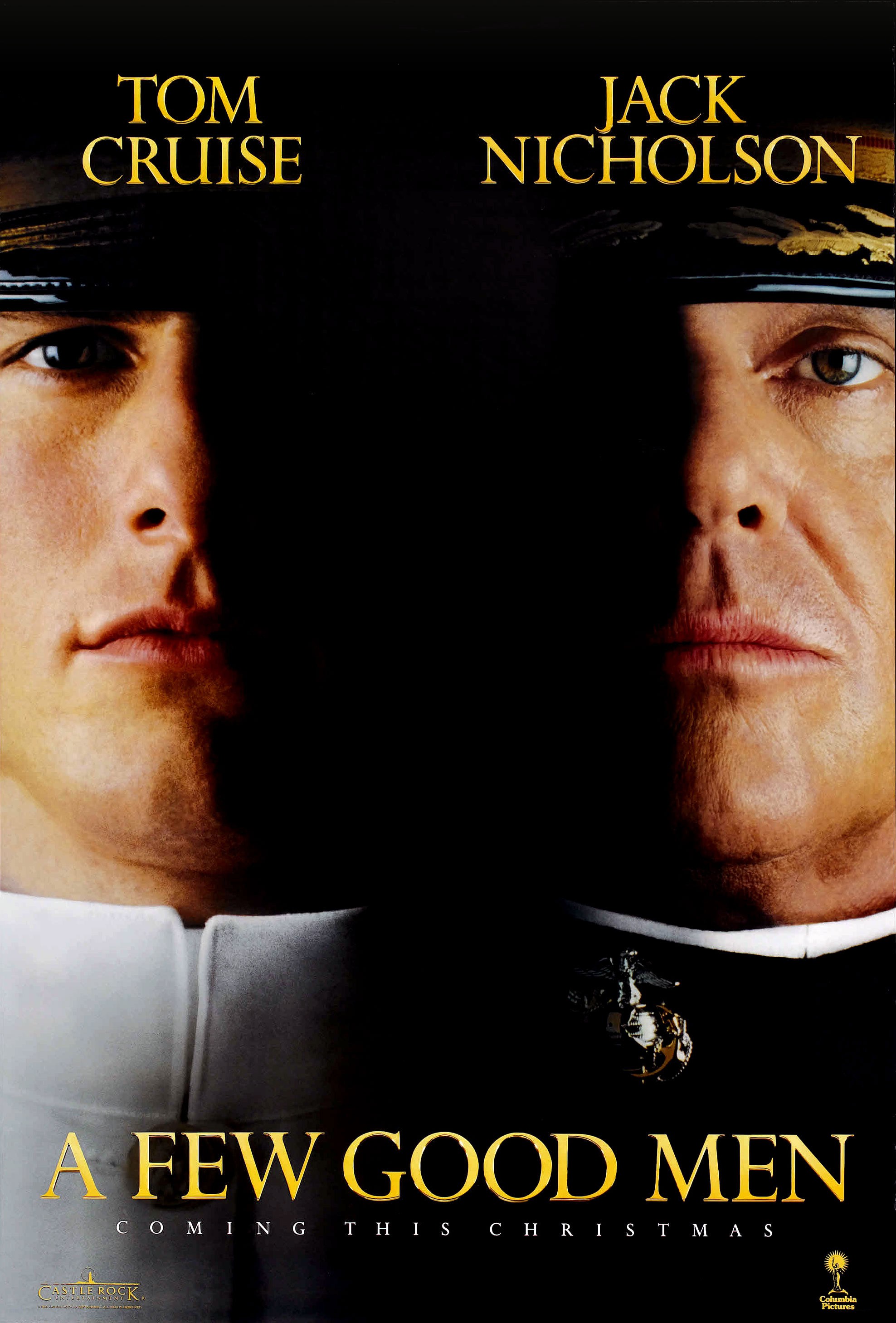A Few Good Men: An Analytical Look at the Cast and Production
The casting for Aaron Sorkin's 1989 play, A Few Good Men, has long been a topic of discussion among theater enthusiasts. One notable aspect of this production is its significant gender imbalance. Out of a total cast of 18 characters, only one role is written for a woman—Lt Cmdr Joanne Galloway. The remaining 17 roles are reserved for male actors, all portraying members of the US Navy. This stark disparity raises important questions about representation in both the original play and its various adaptations.
Understanding the Gender Skew in Casting
Let’s start with a serious observation: This production of A Few Good Men involves a large number of very talented men. While the narrative focuses heavily on military hierarchy and masculine dynamics, it leaves little room for female voices. Lt Cmdr Joanne Galloway, portrayed by Demi Moore in the 1992 film adaptation, stands as the lone female presence amidst a sea of male characters. Her role is pivotal yet isolated, underscoring the challenges women face in traditionally male-dominated environments like the military.
This skewed gender ratio reflects the era in which the play was written but also invites modern audiences to reconsider how such stories might be reimagined today. Could future adaptations expand opportunities for diverse representation while maintaining the integrity of Sorkin's sharp dialogue and compelling legal drama? It’s a question worth exploring as we continue to celebrate—and critique—this iconic work.
Key Characters and Their Impact
At the heart of A Few Good Men lies the story of Lt Daniel Kaffee (originally played by Tom Cruise), a young naval lawyer who initially seeks an easy resolution through a plea bargain. However, his perspective shifts when he encounters Lt Cmdr Joanne Galloway, whose determination inspires him to pursue justice more aggressively. Other key figures include Col Nathan R. Jessep (memorably brought to life by Jack Nicholson) and Capt Jack Ross (played by Kevin Bacon). Each character contributes uniquely to the unfolding drama, creating layers of tension and moral complexity.
Notable supporting roles further enrich the narrative:
- Austin Carnes as Capt Jack Ross
- Charlie Harper as Pfc Louden Downey
- Charlie Scatamacchia as Capt Julius Randolph
- Hunter Smith as Lance Cpl
These individuals, along with others in the ensemble, help bring Sorkin's vision to life with authenticity and depth.
Critical Reception and Legacy
Since its debut, A Few Good Men has garnered widespread acclaim for its powerful performances, intricate plot, and memorable lines (You can't handle the truth! being perhaps the most famous). Directed by Rob Reiner, the 1992 film adaptation assembled an impressive cast that included not only Cruise, Nicholson, and Moore but also Kevin Pollak, J.T. Walsh, Cuba Gooding Jr., and Kiefer Sutherland. Such a lineup ensured the movie would resonate deeply with audiences worldwide.
Reviews from critics and audience members alike have praised the film's ability to tackle complex themes such as honor, duty, and accountability within the context of military law. Today, it remains a benchmark for courtroom dramas and continues to inspire new generations of filmmakers and playwrights.
Behind the Scenes: The Crew
Beyond the star-studded cast, the success of A Few Good Men owes much to its dedicated crew. From the camera operators to the electrical department, every member played a crucial role in bringing Sorkin's script to the screen. For instance:
- Audie Aragon served as the dolly grip.
- Sidney Ray Baldwin acted as the still photographer.
Such behind-the-scenes contributions often go unnoticed but are essential components of any major production.
Conclusion: Reflections on Representation
In conclusion, while A Few Good Men remains a masterpiece of modern cinema and theater, its predominantly male cast highlights ongoing issues regarding gender balance in storytelling. As we move forward, there is potential to adapt classic works like this one in ways that reflect contemporary values without sacrificing their essence. By embracing inclusivity and diversity, future productions could offer even richer experiences for the world to enjoy.

